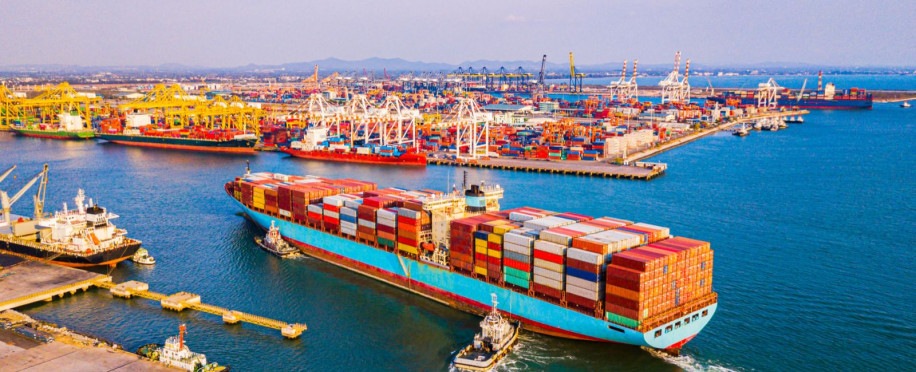The Role of Hydrogen Fuels in Revolutionizing Commercial Shipping

Posted on Oct 29, 2024 at 09:10 PM
Globally, the shipping industry contributes approximately 2-3% of carbon dioxide emissions and is under increasing pressure to find eco-friendly alternatives. Hydrogen fuel, with its ability to produce zero emissions when used, is poised to play a pivotal role in transforming shipping into a more sustainable industry.
Hydrogen as a Fuel Source
Hydrogen is the most abundant element in the universe, offering a clean fuel option since its combustion only releases water vapor. There are three primary methods of hydrogen production:
- Steam Methane Reforming (SMR): Currently the most common, yet produces carbon emissions unless paired with carbon capture technology.
- Electrolysis: Uses electricity to split water into hydrogen and oxygen. If powered by renewable energy, it results in "green hydrogen".
- Biomass Gasification: Converts organic materials into hydrogen, potentially carbon-neutral when managed sustainably.
Advantages in Commercial Shipping
- Zero Emissions: Burning hydrogen produces no carbon emissions, significantly reducing the industry's environmental impact.
- Energy Efficiency: Hydrogen fuel cells have higher efficiency compared to internal combustion engines.
- Renewability: When produced from renewable sources, hydrogen is a sustainable energy option.

Current Developments and Pilot Projects
Several pilot projects are underway globally to test the viability of hydrogen fuel in commercial shipping:
- The *Hydroville Ferry* in Belgium and the *MF Hydra* in Norway are pioneering hydrogen-driven shipping.
- Maersk, one of the largest shipping companies, is investing in research to develop hydrogen-powered vessels.
Challenges and Solutions
- Storage and Distribution: Hydrogen's low energy density requires high-pressure tanks or liquification, complicating storage and transportation. Developing solid-state hydrogen storage and improved infrastructure is crucial.
- Cost: Current hydrogen production is expensive. Scaling up green hydrogen production and technological advancements could reduce costs.
- Regulatory and Safety Standards: International maritime standards must evolve to facilitate safe hydrogen use.
Future Prospects
Innovations in hydrogen technology and international collaborations are essential for scaling up hydrogen use in shipping. Investments in renewable energy for green hydrogen production and the development of specialized infrastructure are critical.
Additionally, marine engineering courses now increasingly cover sustainable fuel technologies, preparing a new generation of engineers to address the technical challenges of hydrogen storage, fuel cell efficiency, and safety standards, which are all pivotal for a hydrogen-powered maritime future.
Conclusion
Hydrogen fuels present a sustainable alternative to fossil fuels for commercial shipping, offering zero emissions and renewable potential. While significant challenges remain, ongoing research, pilot projects, and technological advancements encourage optimism for a hydrogen-powered maritime future.





